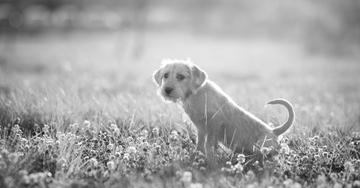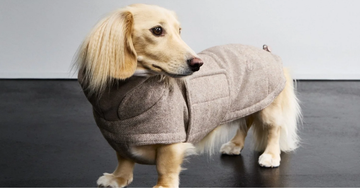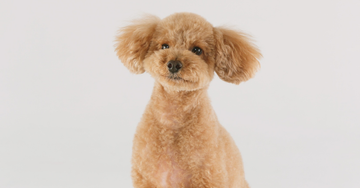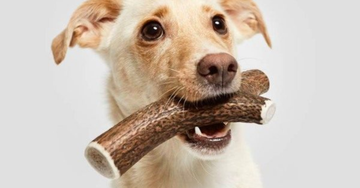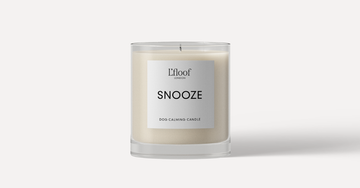Guide to housetraining your puppy
One of the first things to train your puppy in is cleanliness – that is, learning to relieve himself outside instead of inside.
You can achieve much greater success with housetraining if you follow some simple but effective steps and routines. It's all about timing, patience, and a consistent approach that gives your puppy the best chance of understanding what you expect.
How often should a puppy pee?
Your puppy has a very small bladder and no bladder control, so it will generally need to go out once an hour.
After any activity, take your puppy outside to pee. It takes about 4 hours for your puppy to digest its food and only 5–30 minutes from drinking to peeing.
Therefore, always make sure to take it out after it has:
- The sleep (especially after sleep)
- Drunk
- The game
If it hasn't slept, eaten or played, you should still take it out every hour or two to avoid accidents.
At night, most puppies sleep more of the time, but don't expect them to sleep more than 5–6 hours without a pee.
A good tip from personal experience: feed your puppy dinner at 5 pm, walk him at 9 pm and again at 12 am. Then let him sleep in a crate or box next to your bed and let him stay there until 5–6 am.
If your puppy whines during the night, you can simply reach down to soothe it until it calms down. This way, your puppy will quickly learn to sleep through the night without the need for nighttime walks outside.
If you want to make it easier for yourself at first, you can put a mattress on the floor so you can hear better when the puppy becomes active and may need you.
See dog cages here
Same place
Your puppy is smart and quickly picks up on routines and patterns – you can use that to your advantage!
Choose a fixed place or area where you always take your puppy to urinate. Make sure the surface (grass, gravel, asphalt) is the same every time at first. The puppy remembers its own scent, and its instinct will make it go to the same place again.
By keeping it consistent, you make it easier for your puppy to understand what is expected and where to do his thing.
Have patience.
Your puppy just woke up, you take it outside – but it doesn't pee?
Be patient. For your puppy, it's a big, new world full of exciting smells and impressions that can be distracting.
As a general rule, you should not go back inside until your puppy has urinated or defecated. Many people use a "pee command" such as "pee pee" when the puppy comes outside. Over time, the puppy will associate this command with cleaning himself, which can make the process both easier and faster.
Reward!
This point is almost the most important – perhaps only surpassed by taking the puppy outside.
It is super important that you remember to reward your puppy with lots of praise and a treat every time he urinates or defecates in the right place, especially in the beginning.
By reinforcing positive behavior, you help your puppy quickly understand what makes you happy – and what is “the right thing to do.” The reward should happen right after the action, so the puppy clearly associates it with his success!
See all puppy treats here
Don't scold.
In addition to rewards, it is important to remember: you must not scold if (or when) your puppy urinates inside. It is crucial that your puppy does not become afraid of urinate.
Remember how I mentioned that your puppy is smart? He can quickly figure out that peeing is wrong – even outside! And that's the last thing we want.
Remember, it's not your puppy's fault. If you see him getting ready to pee inside, take him outside if possible. It's all about constantly reminding your puppy that pee = outside . With patience and consistent training, you should be able to do it!
Stain and odor remover spray
A product I couldn't live without when my dog was a puppy!
I can guarantee that accidents will happen inside – both pee and poop. It's of course super annoying, but luckily there are stain and odor removers that are created for this very purpose.
This spray is specially designed to remove odors and stains from urine, feces and vomit. It is also a great aid during house training as it inhibits the growth of odor-causing bacteria, so your puppy is not tempted to pee in the same spot again.
Pee pad
If you live in an apartment or use a puppy pen, a pee pad can be an interim solution while you train cleanliness. They give your puppy a permanent place to clean when you can't get out in time, and they also protect floors and carpets from accidents. Many puppies quickly learn that the litter box is “where you pee,” and it can make the transition to outdoor peeing easier when you gradually move the litter box closer to the door.
In short: potty pads are not a replacement for outings, but a useful tool to support the puppy, create good habits and make toilet training a little easier for both of you.

